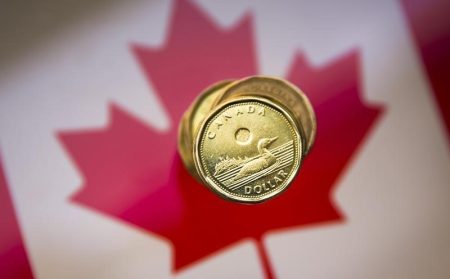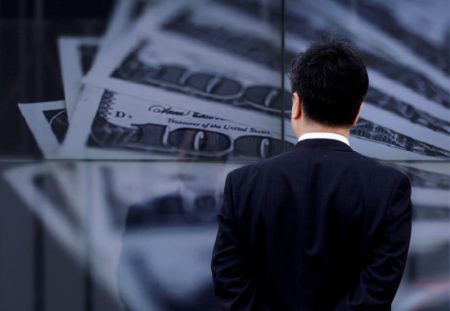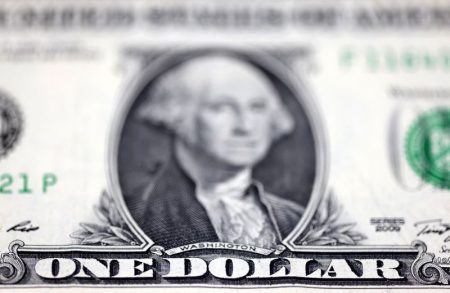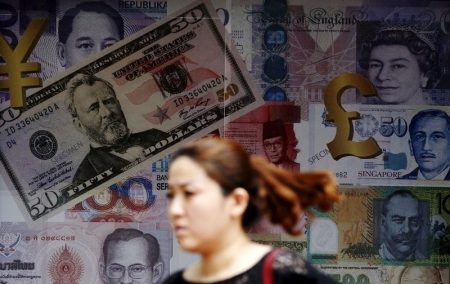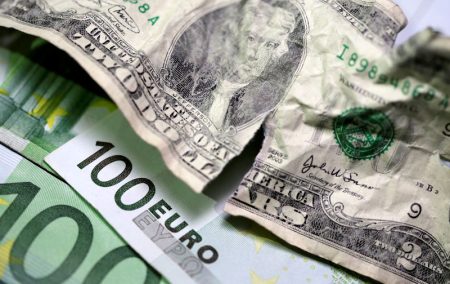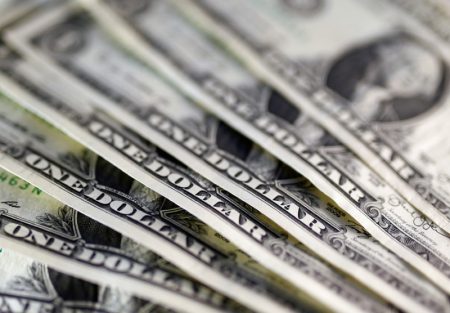By Jorge Otaola and Walter Bianchi
BUENOS AIRES (Reuters) – Argentina’s central bank purchases of foreign currency since libertarian President Javier Milei took office in December are set to top $10 billion on Wednesday, Reuters calculations show, as the government looks to erase a deep net reserves deficit.
The milestone in just three months underscores how Milei, an outsider economist, is making stabilizing public finances his priority, helping the country beat reserve accumulation targets with major lender the International Monetary Fund (IMF).
“It’s an encouraging data point in terms of managing international reserves,” said consulting firm EcoGo. “The IMF’s reserve accumulation goal has already been met for March and is only $2 billion away from December’s target.”
The central bank has bought dollars almost every trading day – aside from two days selling – since Milei’s Dec. 10 inauguration, with purchases accelerating in March. Net reserves overall still remain in negative territory around -$1.5 billion.
That accumulation has also come amid a tough austerity and cost-cutting drive by Milei, which has dampened economic activity, growth and production, weighing on demand for dollars from companies and individuals. Inflation is also over 275%.
“The deepening of the recession and inflation promotes sales of foreign currency hoarded by companies and individuals,” said consulting firm GMA Research, adding this was helping spur the central bank build-up of hard currency.
Milei recorded a shock election win last year pledging a major overhaul of Argentina’s economy after years of crises, which he has blamed on regular deep fiscal deficits from over-spending by the state. He has pledged a “zero” fiscal deficit this year.
remove ads
.
The build-up of dollars is also important to his longer-term goal to remove currency controls and eventually dollarize the economy, though that still remains some way off.
“Beyond the positive aspect of the accumulation of reserves, I don’t believe the controls will be lifted yet as they need to wait and see how the central bank’s balance sheet keeps improving,” said Buenos Aires-based economist Gustavo Ber.
Mediterranean Foundation said the improvement in reserves and calmer markets had pushed up dollar deposits at banks, which fell last year during election uncertainty. They have climbed to $16.5 billion from $14.1 billion when Milei took office.
The government is also hoping the upcoming harvests of soy and corn – Argentina’s main exports – will bring in a new wave of foreign currency, though some analysts warned a recent rally of the peso in parallel markets could cause farmers to hold off on sales as they get less local currency for their dollars.
“In a worst case scenario, we could get to a point where exporters are tempted to delay exports,” said Portfolio Personal Inversiones. “That would play against reserves accumulation.”
Read the full article here







